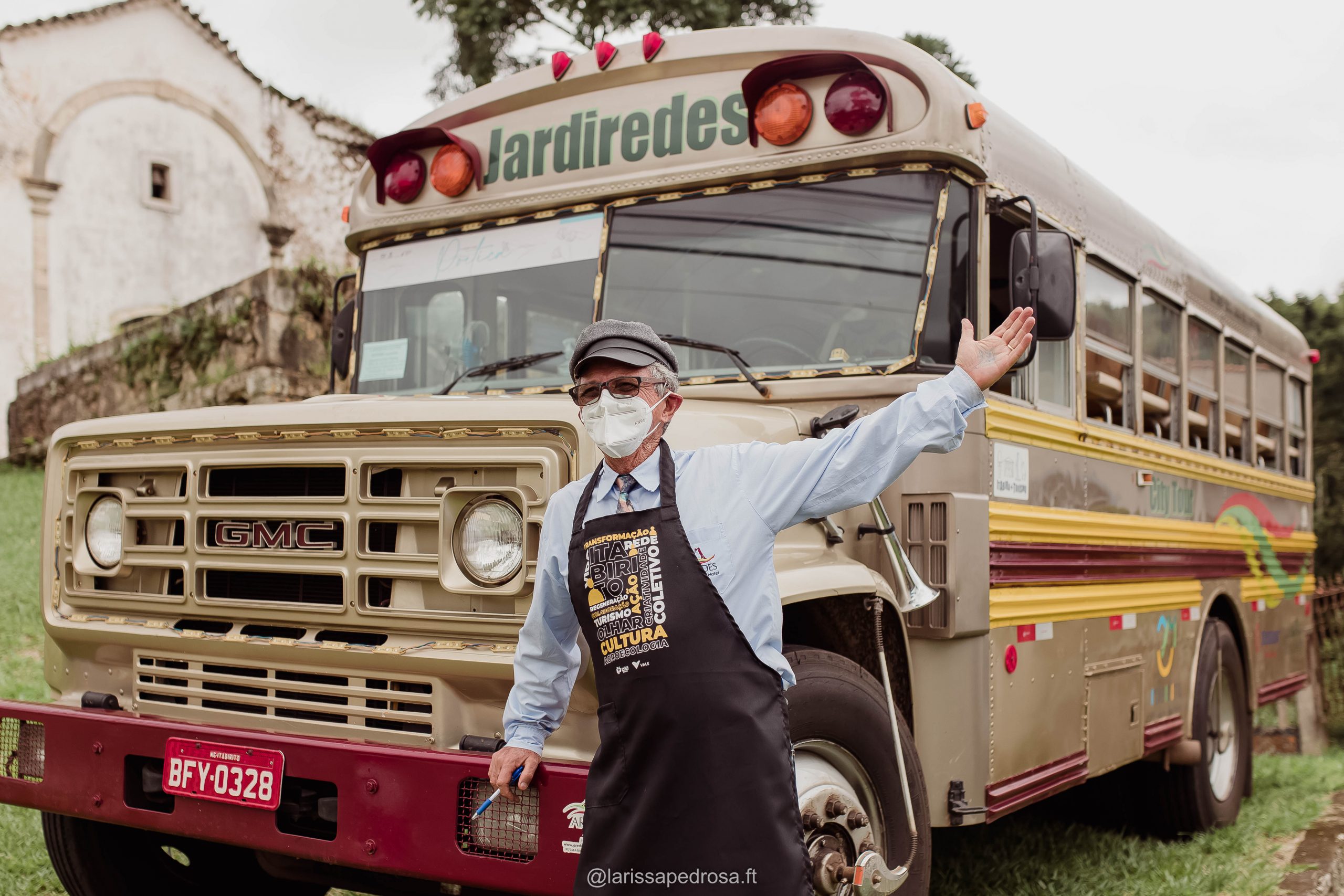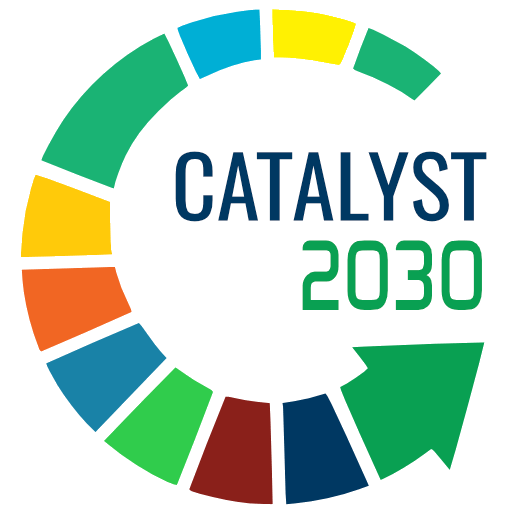
We see tourism and its associated production as a way to include people and add impact to business in the hospitality sector. Our vision always starts from the point of view of valuing the territory and the local culture; rescuing the regional history while also preserving the environment, and generating a more humane tourism, that is integrated with the place itself.
We work this way precisely because of the principles of sustainable tourism. Our main perspective is to strengthen the baselines. So, in order to generate opportunities for the tourist flow and generate income even for the most vulnerable people, we need to include them in this value chain.
And how do we do that?
Through actions linked to tourism and its associated production that stimulate handicraft, gastronomy, agroecology, and culture.
These are projects about:
– Entrepreneurship and income generation;
– Entrepreneurial qualification and business modeling;
– Human and systemic development;
– Network governance.
For the needs of each territory, we design exactly what will be implemented, step by step.
An example is that we see artificiality taking over tourist places through the so-called (pejoratively) “industry craft” – which is, the “industrial handicraft”, which is nothing more than a product that may look like it is a handicraft, made of wood, etc., but which was mechanically manufactured and on a large scale.
Therefore, one of the paths is the strengthening of traditional practices and the rescue of history. And this must happen in all layers of the industry, including crafts. What is an intrinsic, genuine part of that place? A clay pot? Ceramic utensils? The weaving? We identify this characteristic and work so that the entrepreneurs involved are trained and achieve autonomy for income generation and, consequently, local sustainable development.
Good Practices
We also believe in slow tourism and agroecology as the possibility of developing tourism and its associated production. We seek to include enterprises with good practices in this chain of suppliers, which practice charging a fair price, living up to a relationship that is compatible with the preservation of nature.
“Many entrepreneurs linked to the land (i.e. agroforestry, agroecology, and permacultural systems) are very clear about how precious this approach is for their businesses, as it goes far beyond caring for the land, showing how agricultural production can respect all the ways of life, and not an oversimplification of systems.
Complex systems ensure that life shines through and that all forms of life are contemplated, revered, and nurtured. If consumers are paying attention to businesses that have this concern in their value propositions, it is time for entrepreneurs who are still living in a paradigm that no longer makes sense to also wake up to the wealth of regenerative economies”, explains Lucila Egydio, sustainability consultant and project coordinator at Raízes, in an article for Impact Hub.
How about learning more about all the projects already designed and implemented by Raízes? We have collected them all in a special section of our website. Check it out here!
Photo: Larissa Pedrosa

